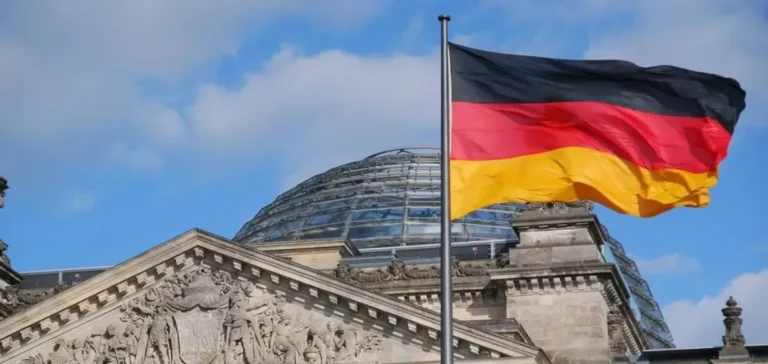European markets for biomethane and GHG (Greenhouse Gas) certificates (Treibhausgasquote) are experiencing considerable fluctuations following Germany’s recent release of a draft version of the Renewable Energy Directive III (RED III). This directive proposes removing the existing double-counting mechanisms, triggering swift reactions among market participants. Prices for GHG certificates and unsubsidized manure-derived biomethane immediately increased across markets in Germany, the Netherlands, and Denmark. These price movements reflect sector anticipation regarding regulatory developments announced by Berlin.
Biomethane: Anticipating Price Increases
Currently, prices for unsubsidized certified biomethane in the Netherlands and Denmark have risen significantly. In the Netherlands, the price reached EUR 57.575/MWh compared to the previous EUR 56.325/MWh, while in Denmark, it climbed to EUR 57.50/MWh. Buyers, anticipating the imminent removal of double-counting, are securing contracts at prices currently deemed historically attractive. Several traders stated that this strategic move enables market participants to avoid potential sharp price increases once the directive is officially implemented. Thus, regulatory uncertainty directly influences current market dynamics.
Major Impact on GHG Certificates
The German market for GHG certificates, crucial for fulfilling emission-reduction obligations, has also seen notable price increases. Advanced GHG certificates (Advanced THG Quota) recorded a substantial jump, reaching EUR 305.50/mtCO2e compared to EUR 270/mtCO2e previously. Standard GHG certificates (THG-Other) similarly rose to EUR 152.75/mtCO2e from EUR 126.75/mtCO2e. The inability to carry over certificates between years further amplifies market tension, especially given the stricter obligations anticipated from 2026 onwards.
Analysts suggest that eliminating double-counting will likely result in the disappearance of the “THG-Advanced double-counting” certificate. In its place, the market will increasingly rely on so-called “THG-Other” certificates or “No Cap” quotas, which are not subject to any limit. This regulatory change will therefore compel operators to acquire more certificates to meet future emissions reduction goals, significantly driving up demand in secondary markets.
Increased Competition in the European Market
At the same time, competition for physical biofuel quotas used to generate these GHG certificates is intensifying. The Dutch certificate market, known as HBE certificates (Hernieuwbare Brandstofeenheden), has also recorded significant price increases. This development signals a broader market dynamic responding to stronger European regulations. Traders surveyed expect this heightened competition may further amplify current movements in other European markets, notably in Belgium and France.
Industry professionals continue to closely monitor regulatory developments in Germany, aware that forthcoming decisions could durably reshape European energy markets. All market participants anticipate an extended adjustment period, with each regulatory change scrutinized closely to optimally anticipate immediate and future economic impacts.






















